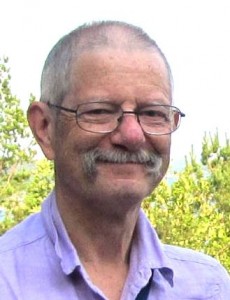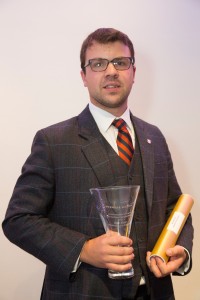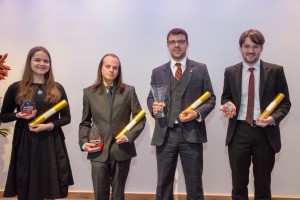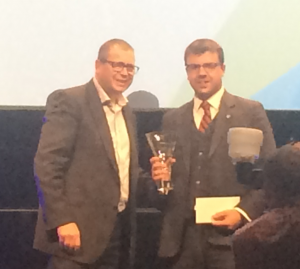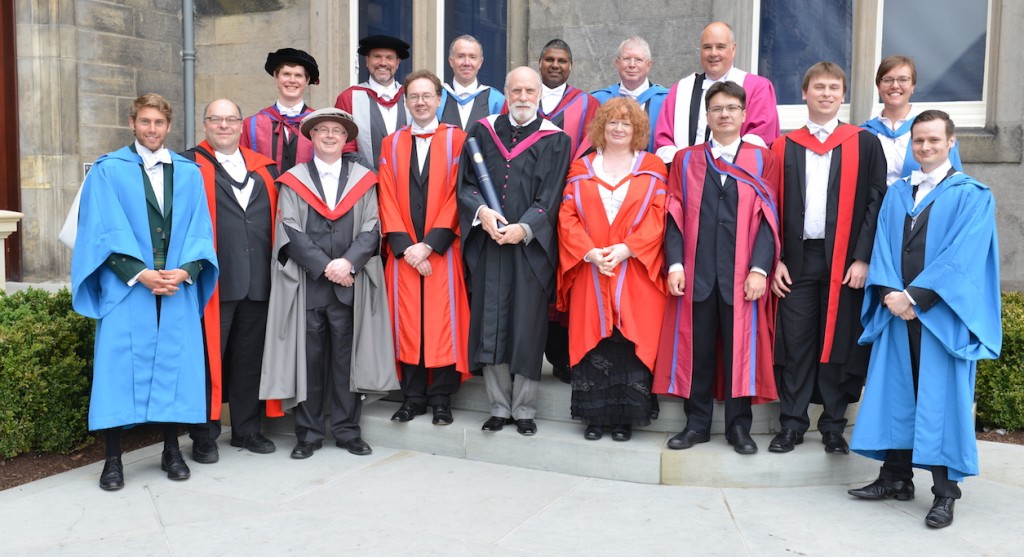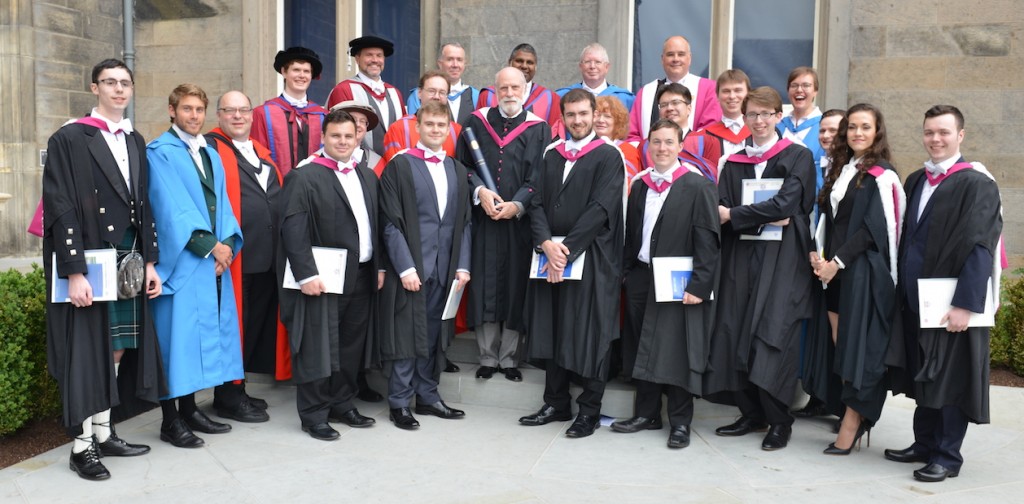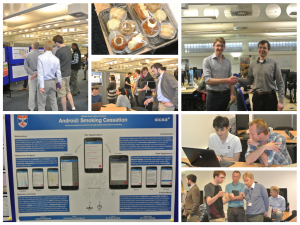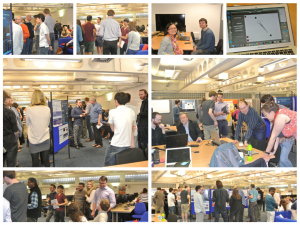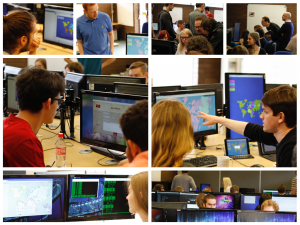The Laidlaw Undergraduate Internship Programme in Research and Leadership 2016
The Laidlaw Undergraduate Internship Programme in Research and Leadership is an exciting opportunity which aims to equip students with the skills and values to become leaders in their chosen occupations beyond University.
Students will design, pursue and report on a research question with an academic in their School during the summer vacation in 2016. In addition, they will complete two bespoke Leadership training weekends facilitated by CAPOD.
The summer project should last between 8-10 weeks for which interns will paid a weekly stipend of £400. All elements of the programme are compulsory including the Leadership weekends.
This award is open to matriculated undergraduate students in their penultimate year of study.
Please see the Laidlaw webpage for more information. http://www.st-andrews.ac.uk/students/involve/laidlaw/
Closing Date 30th November 2015


